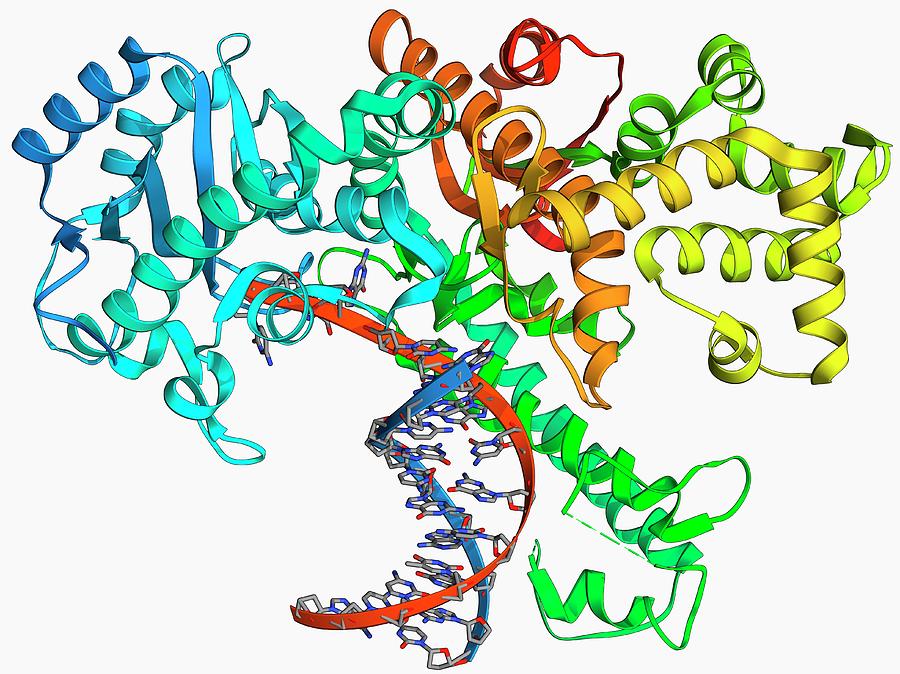

Generally, 1.5-2.0mM Mg 2+ is targeted, but higher concentrations (up to 5mM) may be used to stimulate the yield of reactions at the expense of fidelity. Magnesium: Magnesium is a critical component of the PCR reaction though its concentration can be modulated to promote various effects. Typical oligonucleotide concentration in the reaction is 0.1-0.5µM.ģ. Note that although the 5'-terminus of the primer may contain untemplated sequence, the 3' end must match perfectly.
#Klenow fragment extension software
The use of software to detect self-complementary or hairpin-prone regions is advised and is offered as a service by some synthesis providers. Primer Design: Ideally, oligonucleotide primers are 15-30 bases in length, nearly 50% G+C, and have equal (+/- 3☌) annealing temperatures. The use of lower DNA concentrations typically produces less non-specific product, while higher concentrations can allow for fewer cycles and lower mutation rates.Ģ. This corresponds to roughly 0.1-1 ng/ml (final concentration) of plasmid DNA, and 1-10 µg/ml of genomic DNA. In a typical 25 cycle PCR, 104 copies of target sequence will yield reproducible amplification product. In order to prevent contamination from previous PCR reactions, consider setting up reactions in a positive-pressure hood and with aerosol barrier pipet tips. Exposure to short-wave UV light or other DNA damaging agents should be avoided, as should high ionic strength, detergents such as SDS, loading dyes and phenol. DNA Template: Although extensive purification of PCR templates is typically not necessary, care should be taken with crude or partially purified DNA sources as handling and chemical agents can adversely affect the PCR process. Consider the following guidelines when designing PCR strategies using Taq DSC 2.0 DNA Polymerase.ġ. Taq excels at amplifying shorter (<5 kb) sequences from low-complexity template sources and produces robust yields with little or no optimization of reaction conditions. Taq-Klenow is the original and most commonly used PCR enzyme. coli strain carrying the Taq-Klenow gene from the thermophilic organism Thermus Aquaticus YT-1.ġ unit is defined as the amount of enzyme that will incorporate 10 nmol of dNTPs into acid-insoluble material in 30 minutes at 75☌. Comparing with the regular Taq-Klenow, this truncated version is deficient in 5'->3' exonuclease activity, but is more thermostable and has higher fidelity in PCR amplification.ĭenaturing high performance liquid chromatography (DHPLC)Ī recombinant E.
#Klenow fragment extension full
Taq-Klenow is modified from the full length Taq-Klenow by truncating its N-terminus, with a molecular weight of 61kDa.


 0 kommentar(er)
0 kommentar(er)
